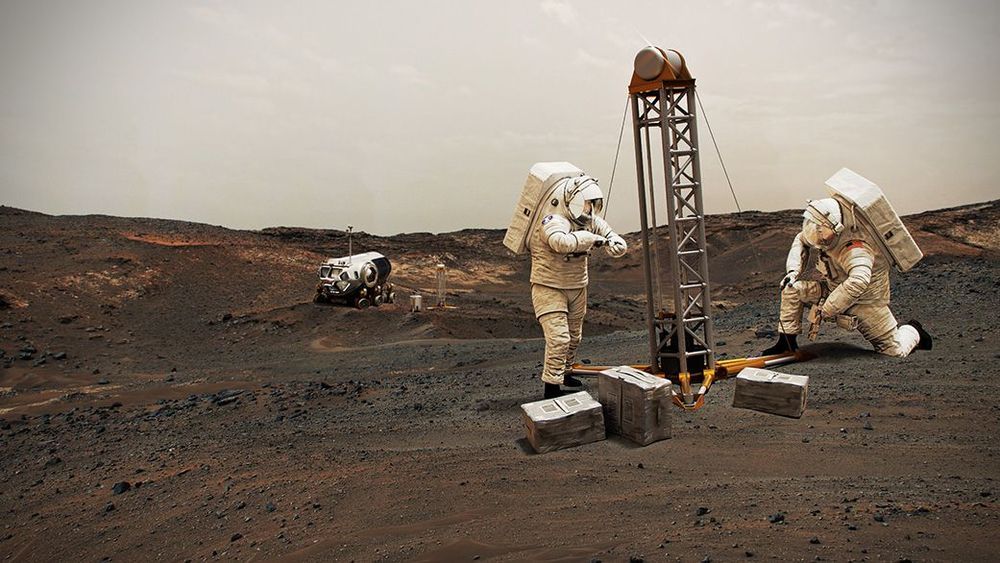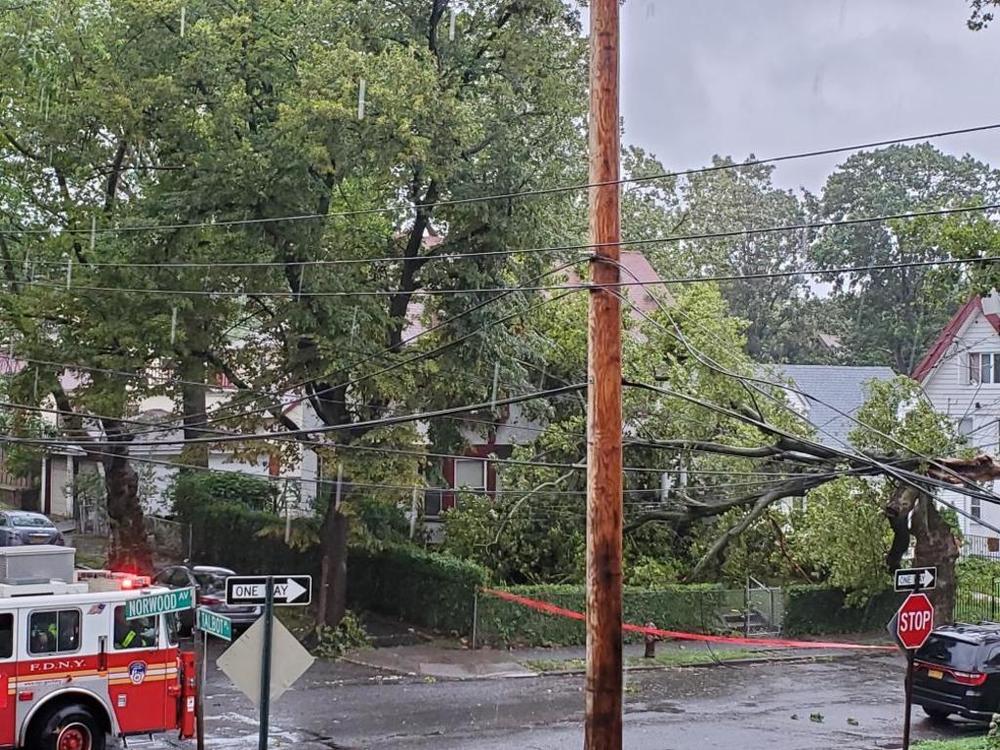Aug 5, 2020
Space technology is improving our lives and making the world a better place. Here’s how
Posted by Lola Heavey in categories: climatology, habitats, internet, satellites, sustainability
“We need to go to space to help us here on Earth. Satellites have played an enormous role in improving the state of the world, and will do even more”.
I’m often asked: ‘Why are you building satellites for space when there are so many problems to fix here on Earth?’ It’s a perfectly rational question. The short answer is that we need to go to space to help us here on Earth. Satellites have played an enormous role in improving the state of the world, and will do even more as an explosion of technology innovation enables large new fleets of small satellites to be deployed with radical new capabilities.


















